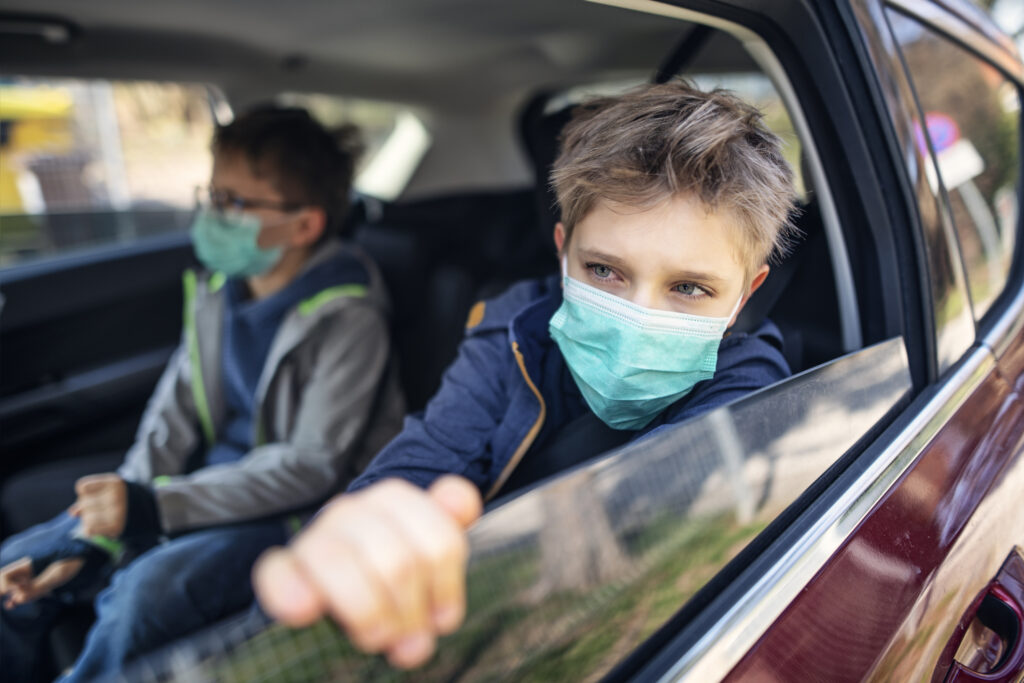This has been a stressful year, and many people have put off traveling because of COVID safety concerns. Now, as the holidays approach, they’re wondering if it’s safe to travel again. For those with children, particularly children with autism spectrum disorder (ASD), it’s even more of a concern. Travel can be rough on a child with ASD, even under normal circumstances, and a global pandemic certainly adds a new layer of stress. There are a few steps you can take, however, to make traveling safer.
- The first big question, of course, is whether COVID makes traveling unsafe. The answer depends on several factors. Do some homework before you make a plan, determining whether COVID-19 is spreading in your home community or your destination. Assess whether anyone in your family is at higher risk of serious illness from COVID-19. If you live in an area where rates are declining, you’re traveling somewhere that rates are declining, your family is healthy, and you’re willing to take a few precautions, you’re at lower risk.
- If you do travel, what’s the best mode of transportation? Airlines have upped their cleaning procedures, installed hospital-grade air filtration, and put policies in place to adhere to pandemic guidelines. If you end up seated by an infected person, however, you risk contracting the virus. Traveling in a car with members of your household is relatively safe. The risk associated with car travel is, of course, stopping along the way to eat and use the restroom.
- Traveling with children can be complicated. As a parent, you’ll need to prepare to meet your family’s needs. Currently, this means planning not just for travel, meals, and lodging, but also for COVID-19 protection. Teach children safety measures, like handwashing and social distancing, and explain that they’re going to need to wear masks in public places. Bring along hand sanitizer and wipes, and if you’re staying at a hotel or rental home, wipe down high-touch areas as soon as you arrive.
- Prepare your child with ASD for the trip. Talk about the plans in advance, using tools like a calendar and social stories to explain what to expect. Rehearse situations you believe might be challenging and try to keep the sleeping and eating schedule close to the normal routine. Bring comfort items on the trip, along with documentation of your child’s diagnosis, in case you need to give someone an explanation. Make sure your child is comfortable wearing masks; airlines require them and be advised they don’t typically make exceptions for special-needs kids.
If your child has been diagnosed with ASD, The Stepping Stones Group is here to offer support, keeping you informed of opportunities and providing important support services.

